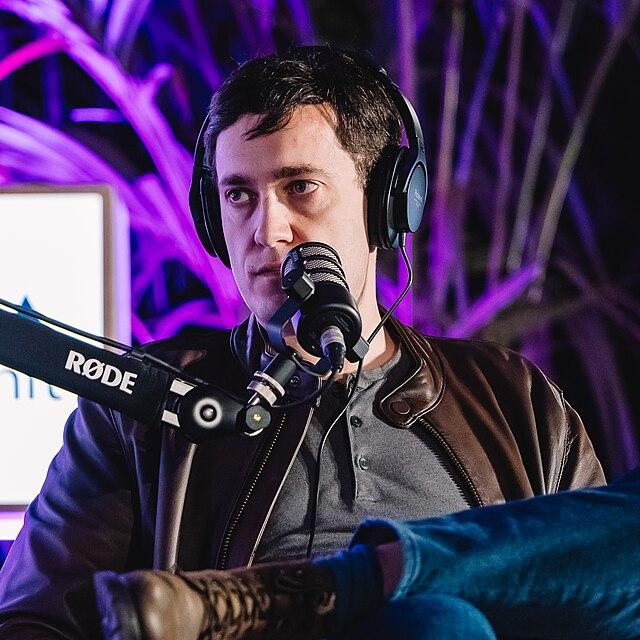Genetic Selection
Genetic testing increasingly informs decisions about whether to continue a pregnancy (prenatal genetic testing) or which IVF embryo to implant (pre-implantation genetic diagnosis). Genetic selection techniques allow parents at risk of transmitting serious genetic conditions to have unaffected and genetically related children.
But what counts as “serious” is controversial, and our perceptions of which conditions should be prevented are socially constructed and change over time. Disability rights advocates point out that when prenatal screening identifies a fetus with Down syndrome, this often results in terminating the pregnancy, even though people with Down syndrome often thrive and live happily.
Driven by genetic testing companies, prenatal genetic screening has expanded rapidly to include a wide range of conditions. There are also new companies that “rank” IVF embryos according to their future risk of conditions like cancer, heart disease, or schizophrenia – a scientifically and ethically questionable practice.
Aggregated News
Photo by Nathan Anderson on Unsplash
Every few weeks or so, Grete Fält-Hansen gets a call from a stranger asking a...
Aggregated News
In 2011, poet and writer George Estreich wrote about the impact of biotechnology on family life in his first book, ...
February 8, 2022
A genetic disease runs in your family. Your doctor tells you that, should you wish to have a child, that child is likely to also carry the disease. But a new gene-editing technology could change your fate. It could ensure that your baby is -- and remains -- healthy. Even more, it could potentially make sure your grandchildren are also free of the disease. What do you do? Now, imagine it's not a rare genetic disorder, but general illness, or eye color, or cognitive ability, or athleticism. Do you opt into this new world of genetically edited humans? And what if it's not just you. What your friends, neighbors, and colleagues are also embracing this genetic revolution? Right now, science doesn't give you that choice. But huge advancements in CRISPR technology are making human gene editing a reality. In fact, in 2018, a Chinese scientist announced the first genetically modified babies; twin girls made to resist HIV, smallpox, and malaria. The promise of this technology is clear. But gene editing is not without its perils. Its critics say the technology is destined to exacerbate inequality, pressure all parents (and nations) into editing their children to stay competitive, and meddling with the most basic aspect of our humanity. In this context, we ask the question: Should we use gene editing to make better babies?
FOR THE MOTION: Dr. George Church Professor of Genetics, Harvard and MIT & Founder, Personal Genome Project; Amy Webb Futurist & Author, "The Genesis Machine"
AGAINST THE MOTION: Marcy Darnovsky, Policy Advocate; Françoise Baylis, Philosopher
Gene editing technology like CRISPR may have potential to treat diseases, but does editing future generations go too far? In this August 9, 2022 event, we heard renowned bioethicist Françoise Baylis, reproductive justice activist Nourbese Flint, and disability rights scholar and activist Karen Nakamura discuss the serious societal and ethical implications of human gene editing in the context of assisted reproductive technology. This discussion was moderated by Osagie Obasogie, professor of law and bioethics at UC Berkeley.
(For those who participated in the live event, the audio on this version has been fixed, and missing slides have been added.)
Published November 17, 2022
The prospect of using CRISPR gene editing in reproduction is often justified by claims that it will eliminate disease and disability. But these claims draw on societal narratives that devalue people with disabilities. In this roundtable conversation, Silvia Yee (Disability Rights Education and Defense Fund), Larkin Taylor-Parker (Autistic Self Advocacy Network), and Teresa Blankmeyer Burke (Gallaudet University) explore how new disability rights narratives can challenge uses of genetic and reproductive technologies based in ingrained ableism, and promote futures in which disabled people flourish. Rebecca Cokley (Ford Foundation) moderated the discussion.
Full transcript and additional information about the speakers and topic can be found on the CGS website: https://www.geneticsandsociety.org/in...
This event on November 14, 2022 was co-sponsored by Center for Genetics and Society and Disability Rights Education and Defense Fund.
Center for Genetics and Society: https://www.geneticsandsociety.org/
Disability Rights Education and Defense Fund: https://dredf.org/




